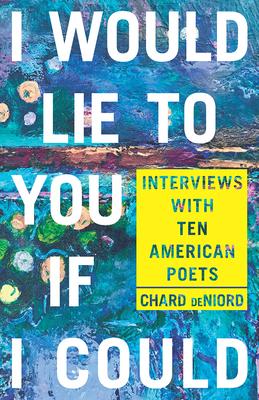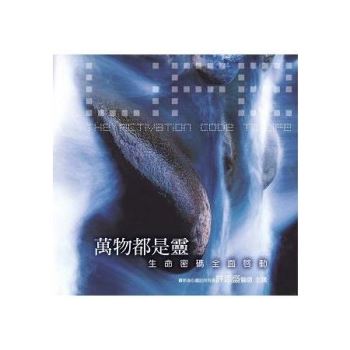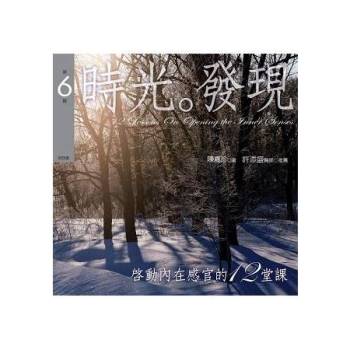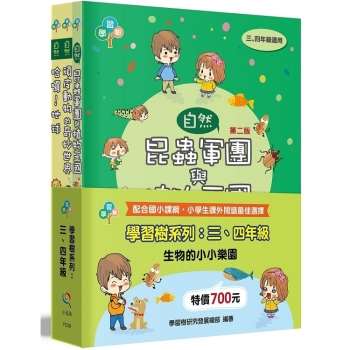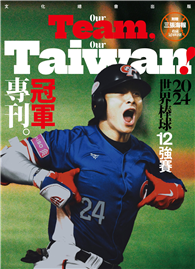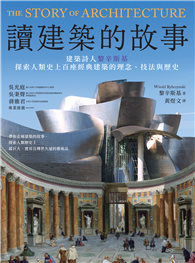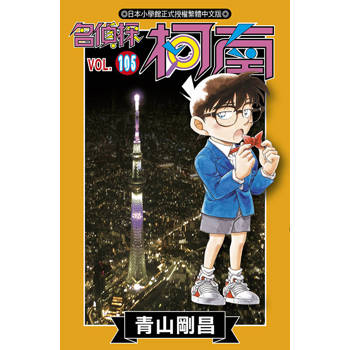I Would Lie To You If I Could contains interviews with nine eminent contemporary American poets (Natasha Trethewey, Jane Hirshfield, Martín Espada, Stephen Kuusisto, Stephen Sandy, Ed Ochester, Carolyn Forche, Peter Everwine, and Galway Kinnell) and James Wright’s widow Anne, presents conversations with a vital cross section of poets representing a variety of ages, ethnicities, and social backgrounds.
The poets testify to the demotic nature of poetry as a charged language that speaks uniquely in original voices, yet appeals universally. As individuals with their own transpersonal stories, the poets have emerged onto the national stage from very local places with news that witnesses memorably in social, personal, and political ways. They talk about their poems and development as poets self-effacingly, honestly, and insightfully, describing just how and when they were "hurt into poetry," as well as why they have pursued writing poetry as a career in which, as Robert Frost noted in his poem "Two Tramps in Mud Time," their object has become "to unite [their] avocation and [their] vocation / As [their] two eyes make one in sight."
The poets testify to the demotic nature of poetry as a charged language that speaks uniquely in original voices, yet appeals universally. As individuals with their own transpersonal stories, the poets have emerged onto the national stage from very local places with news that witnesses memorably in social, personal, and political ways. They talk about their poems and development as poets self-effacingly, honestly, and insightfully, describing just how and when they were "hurt into poetry," as well as why they have pursued writing poetry as a career in which, as Robert Frost noted in his poem "Two Tramps in Mud Time," their object has become "to unite [their] avocation and [their] vocation / As [their] two eyes make one in sight."
